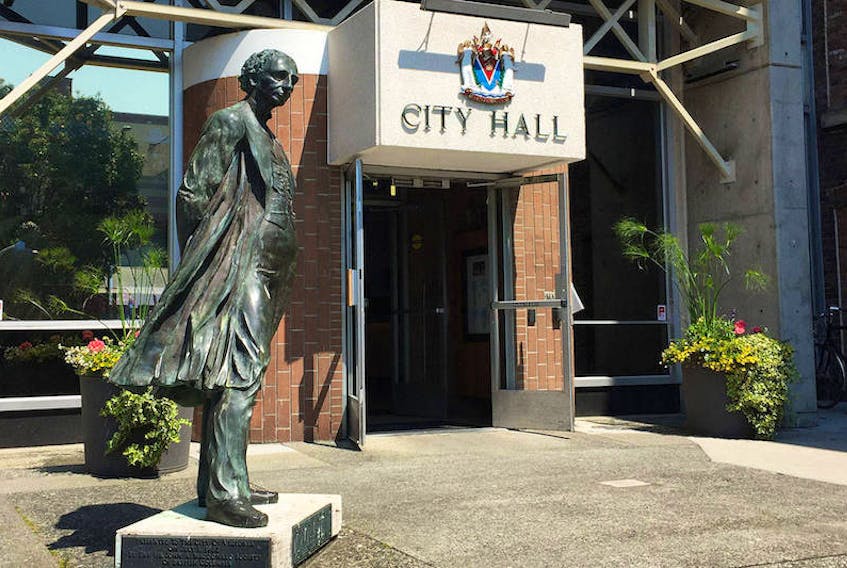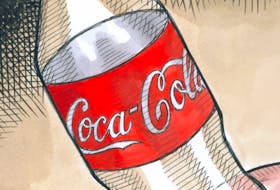History may be written by the victors – it is – but history is lived by the rest of us. And simply trying to hide it in a closet is a mistake.
Case in point, the recent pulling down of statutes of Sir John A. Macdonald in Victoria, B.C. and Edward Cornwallis in Halifax.
Macdonald was hardly forward thinking when it came to the rights, and probably the humanity, of Indigenous people. A collection of his top 10 quotes about them include this 1885 gem:
“…we have been pampering and coaxing the Indians … we must take a new course, we must vindicate the position of the white man, we must teach the Indians what law is…”
To be fair, he wasn’t much of a fan of many Quebeckers either. Consider this quip. It followed the execution for treason of Metis leader Louis Riel, who fought for his people’s rights, forced Canada to create Manitoba, and was likely crazy by the time of his trial:
“He shall die though every dog in Quebec bark in his favour.”
And then there’s Cornwallis.
He wanted to drive the Mi’kmaq out of Nova Scotia, so he issued a 1749 order known as the scalping proclamation. It’s ugly. Anyone who killed a Mi’kmaq adult or child would be paid a bounty by the government.
Reports began surfacing of raids on Mi’kmaq villages and the handing in of dozens of scalps by those seeking payment.
He was keen on expelling the Acadians too, but headed home to merry olde England before getting around to it. It happened three years later.
Two men responsible for terrible acts. Both deserve to be remembered, as least in part, for those acts, even though they were probably representative of their time.
But pulling down statutes isn’t useful. Instead, leave the statutes where they are and use the energy involved in attacking them to change how the history swirling around those men is told, and taught.
How? Here’s one way. Google this: First Contact (trailer) APTN.
The TV station says the three-night event starting at 7 p.m. on Sept. 11 “takes six Canadians, each with stereotypical opinions about Indigenous People, on an unforgettable 28-day exploration of Indigenous Canada.”
The two-minute video on YouTube is blunt;
“They just always get money and handouts,” one white participant says.
“How are they the worst off when they’re given so much,” says a second.
“We are being made to pay for something we didn’t do,” says a third.
Those are, in my experience, pretty representative viewpoints among those with an opinion about Indigenous people and their position in Canadian society.
But these six people were willing, to their credit, to have a close-up look at what reality is really like by living a little bit of the life for a month.
There are images of those six people visiting a reserve for the first time. So much for their ‘informed’ opinions from early in the show. They sit down for a meal with a man who thanks them for coming to share his home.
The video makes it clear the entire experience was eye-opening.
“I had no idea. It really puts a dark stain on the Canada I thought I knew,” said one women.
Help people think about that reality the next time they see John A’s statute, instead of just taking the statue down.
- Rick MacLean is an instructor in the journalism program at Holland College in Charlottetown.









